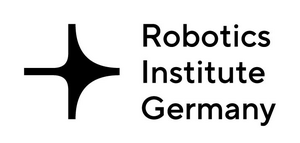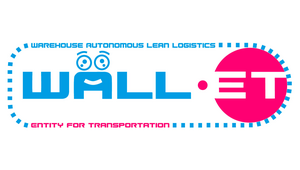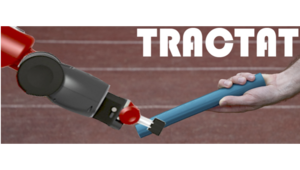
Research Departments
- Agents and Simulated Reality 1
- Cognitive Assistants 2
- Cooperative and Autonomous Systems 1
- Cyber-Physical Systems 1
- Embedded Intelligence 1
- Innovative Factory Systems 1
- Interactive Machine Learning 1
- Robotics Innovation Center 4
Research Topics
- Autonomous Systems 5
- Human-Machine Interaction
- Image Recognition & Understanding 2
- Machine Learning & Deep Learning 6
- Other 1
- Robotics
- Sensors & Networks 2
- Virtual & Augmented Reality 1
Fields of application
- Environment & Energy 2
- Farming & Agricultural Technology 2
- Health & Medicine 2
- Industrie 4.0
- Learning & Education 2
- Mobility 4
- Other 3
- Smart Home & Assisted Living 4
- Trade & Logistics
Search narrowed by:
Displaying results 1 to 8 of 8.
Research Departments
- Agents and Simulated Reality 1
- Cognitive Assistants 2
- Cooperative and Autonomous Systems 1
- Cyber-Physical Systems 1
- Embedded Intelligence 1
- Innovative Factory Systems 1
- Interactive Machine Learning 1
- Robotics Innovation Center 4
Research Topics
- Autonomous Systems 5
- Human-Machine Interaction
- Image Recognition & Understanding 2
- Machine Learning & Deep Learning 6
- Other 1
- Robotics
- Sensors & Networks 2
- Virtual & Augmented Reality 1
Fields of application
- Environment & Energy 2
- Farming & Agricultural Technology 2
- Health & Medicine 2
- Industrie 4.0
- Learning & Education 2
- Mobility 4
- Other 3
- Smart Home & Assisted Living 4
- Trade & Logistics







